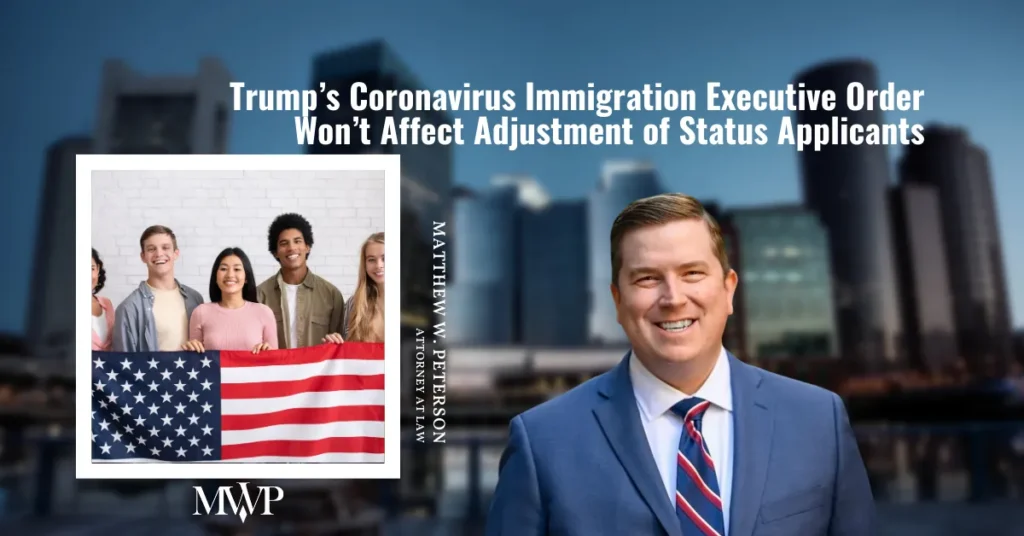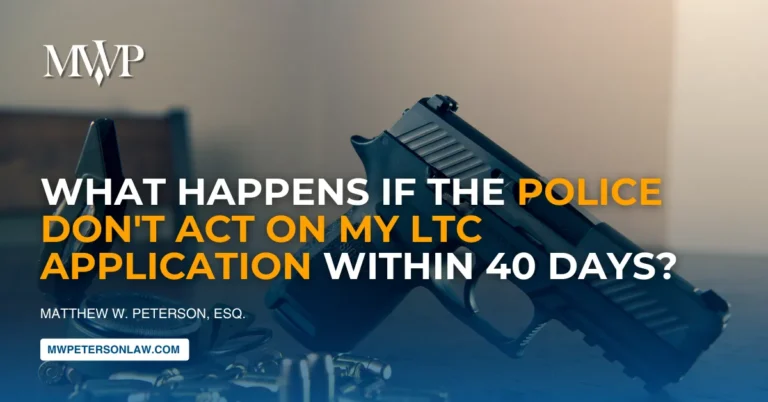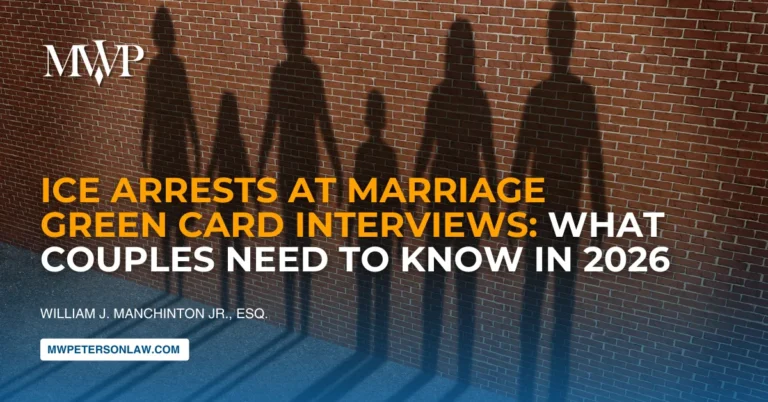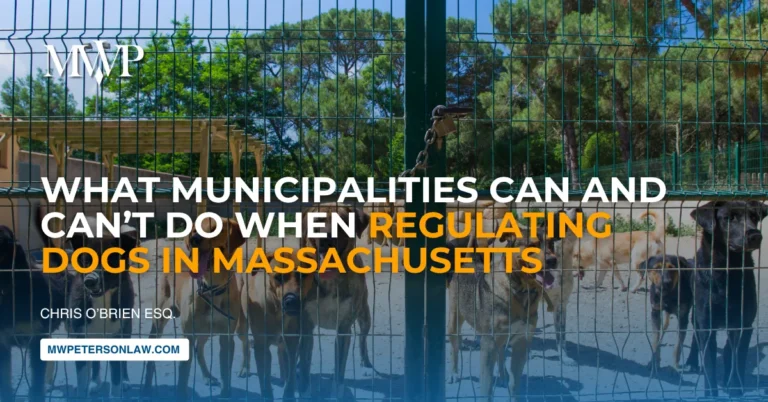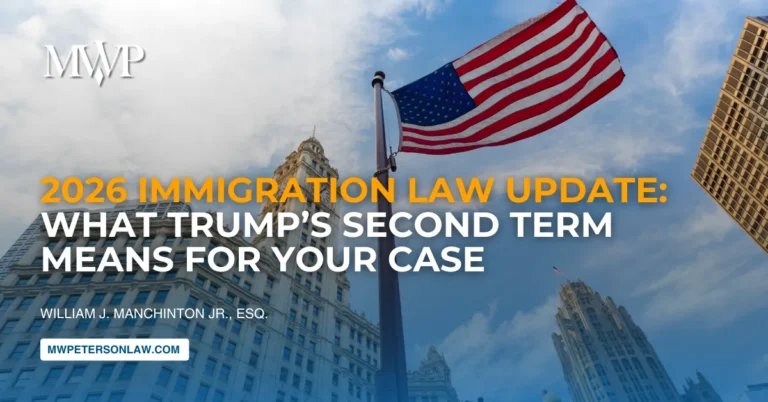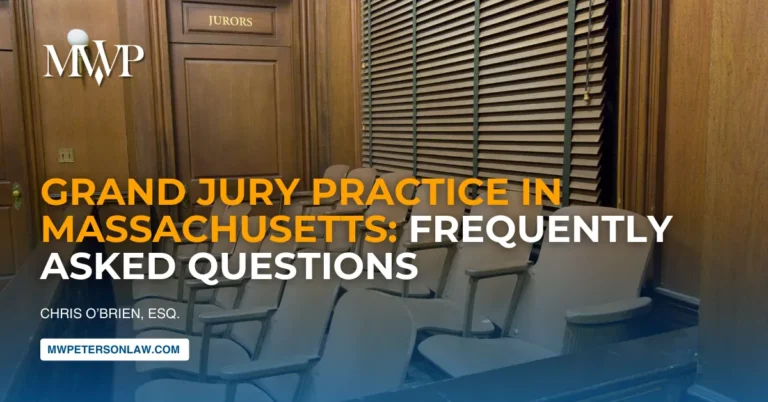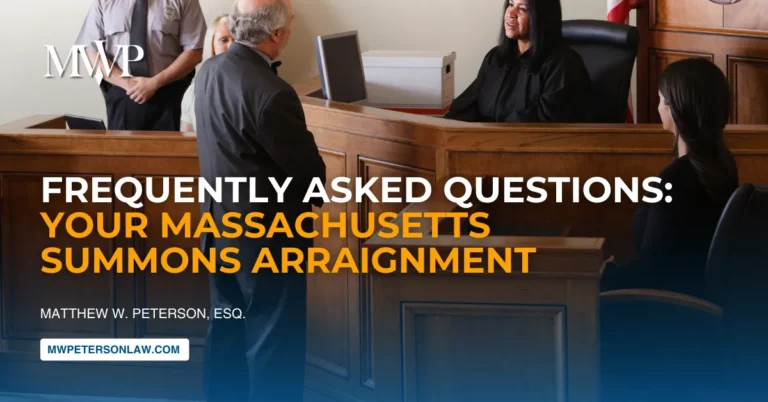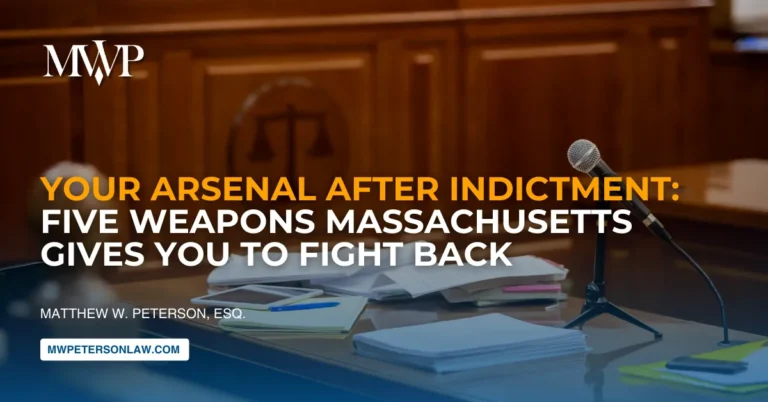Overview of Trump's Executive Order on Immigration Due To Coronavirus
Donald Trump’s executive order on immigration due to coronavirus does not affect those applying for adjustment of status.
Today, President Donald Trump signed an executive order prohibiting immigration to the United States for 60 days due to the Coronavirus. This does not apply to anyone currently in the United States, nor does it apply to spouses or children of US citizens. This includes those applying for adjustment of status.
Key exemptions to the order include:
- Spouses and children of U.S. citizens
- Lawful permanent residents (green card holders)
- Individuals applying for adjustment of status within the United States
- Certain essential workers, including healthcare professionals and those critical to the U.S. food supply chain
The order is subject to extension or modification depending on public health and economic conditions. Those affected by the executive action should seek legal guidance to understand how it may impact their specific immigration status and options.
Impact on Adjustment of Status Applicants
If you’re applying for adjustment of status (I-485), this order does not affect your ability to get a green card. Furthermore, if you’re applying for an immigrant visa because you’re married to a US citizen or your parent is a US citizen, you are not affected. This includes those who are applying through consular processing.
The executive order also doesn’t apply to nonimmigrant visas.
In short, although President Trump said he was going to ban all immigration, this order falls far below that. It allows many categories of immigrants to continue coming to the United States and does not prevent people currently in the United States from getting a different status.
How Long Does Trump's Coronavirus Order Last?
The executive order initially applies for 60 days; however, it may be extended or modified based on the evolving circumstances surrounding the COVID-19 pandemic. It is essential to verify the most current legal and policy updates before relying on this information, as immigration restrictions and executive actions are subject to change.
Donald Trump’s coronavirus-related executive order on immigration primarily restricts the issuance of certain immigrant visas. However, it does not impact individuals already present in the United States who are applying for adjustment of status under U.S. immigration law. Adjustment of status refers to the process by which a noncitizen lawfully present in the country applies for a green card without needing to leave and re-enter the United States. Those seeking asylum, certain nonimmigrant visa holders, and individuals applying for family-based or employment-based adjustments should consult with an immigration attorney to assess how the order may affect their specific case.
Legal Assistance for Adjustment of Status
If you’re looking for an immigration attorney to help with your adjustment of status or green card application, give me a call today. I’m still operating during this crisis, although mostly remotely. I can conduct most of my immigration practice electronically – by either the phone or e-mail.
Get Started on Your Immigration Journey Today!
Don’t wait—take control of your immigration process now! Call or text the Law Office of Matthew W. Peterson at (617) 295-7500 for a consultation, and let’s work together to achieve your immigration goals. Your future is important; let’s make it happen!
Frequently Asked Questions
1. What specific categories of immigrants are exempt from Trump's executive order?
The specific categories of immigrants are exempt from the order, such as healthcare professionals or those involved in national interest activities.
2. How will the executive order affect individuals currently in the U.S. on temporary visas?
The impact on those holding temporary visas (like H-1B or L-1) who may wish to change their status or apply for permanent residency is not addressed.
3. What should individuals do if they are unsure about their immigration status or eligibility under the new order?
There is no guidance provided for individuals who need legal advice or are uncertain about how the executive order affects their specific circumstances.

